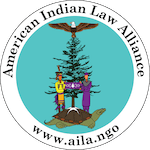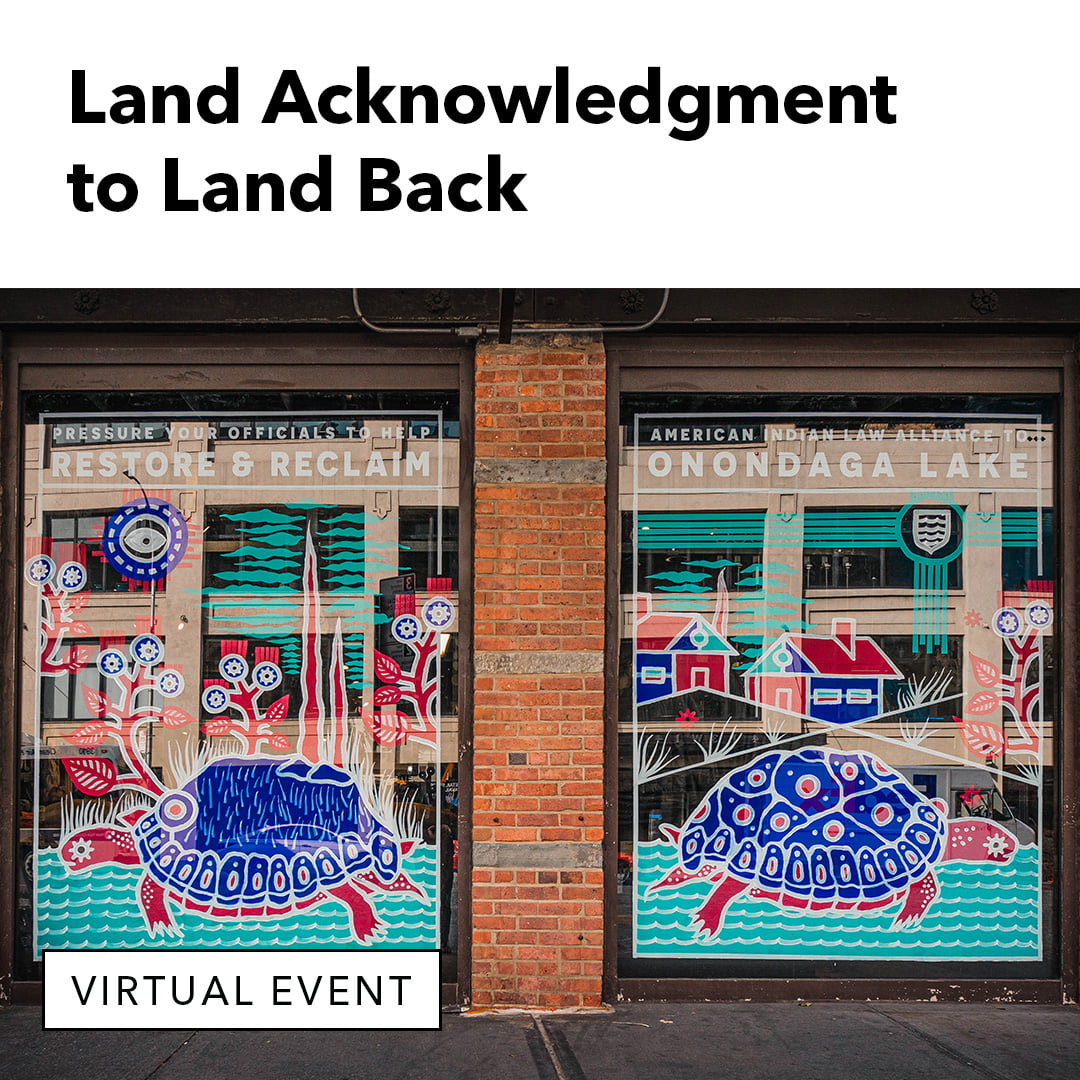Join us for a facilitated conversation on land acknowledgments and the urgency of land back.
Acknowledging injustice is essential. Land acknowledgments come out of a desire to recognize how settler-colonial societies have harmed Indigenous nations and peoples. They provide a necessary recognition of the past.
Excellent land acknowledgments are made up of the following elements: self-reflection (local, corporate, and individual); specificity, naming the Indigenous nations on whose land one lives, using specific terms like genocide and land theft; acknowledging Indigenous resilience and flourishing in the face of settler-colonialism, and expressing a commitment being made by the individual and institution. An acceptable land acknowledgment is an expressed commitment to dialogue. That dialogue must include (among other things) land being returned to Indigenous nations and peoples.
However, in practice, land acknowledgments are limited. Frequently, land acknowledgments lack specificity when they mention the harm done in the past by unspecified settler-colonial actors. These statements rarely name the specific institutional legacies of trauma.
Due to the Doctrine of Discovery, there have been over 500 years of enslavement, exploitation, and extraction. These practices have ruptured humanity’s relationship with the earth. Indigenous nations and peoples sacred sites have been polluted (Onondaga Lake), turned into “art” (Mt. Rushmore), and disrespectfully re-named (Bear Lodge). According to National Geographic, Indigenous peoples comprise roughly 5% of the world’s population and protect 80% of its biodiversity. Why should those who protect the world’s biodiversity and struggle against enslavement, exploitation, and extraction be denied access to their lands? Shouldn’t the land be returned to them to provide healing for them, Mother Earth?
Event Details
- Thursday, April 29, 7:00pm EDT
- Online
- RSVP
- Share on Facebook

